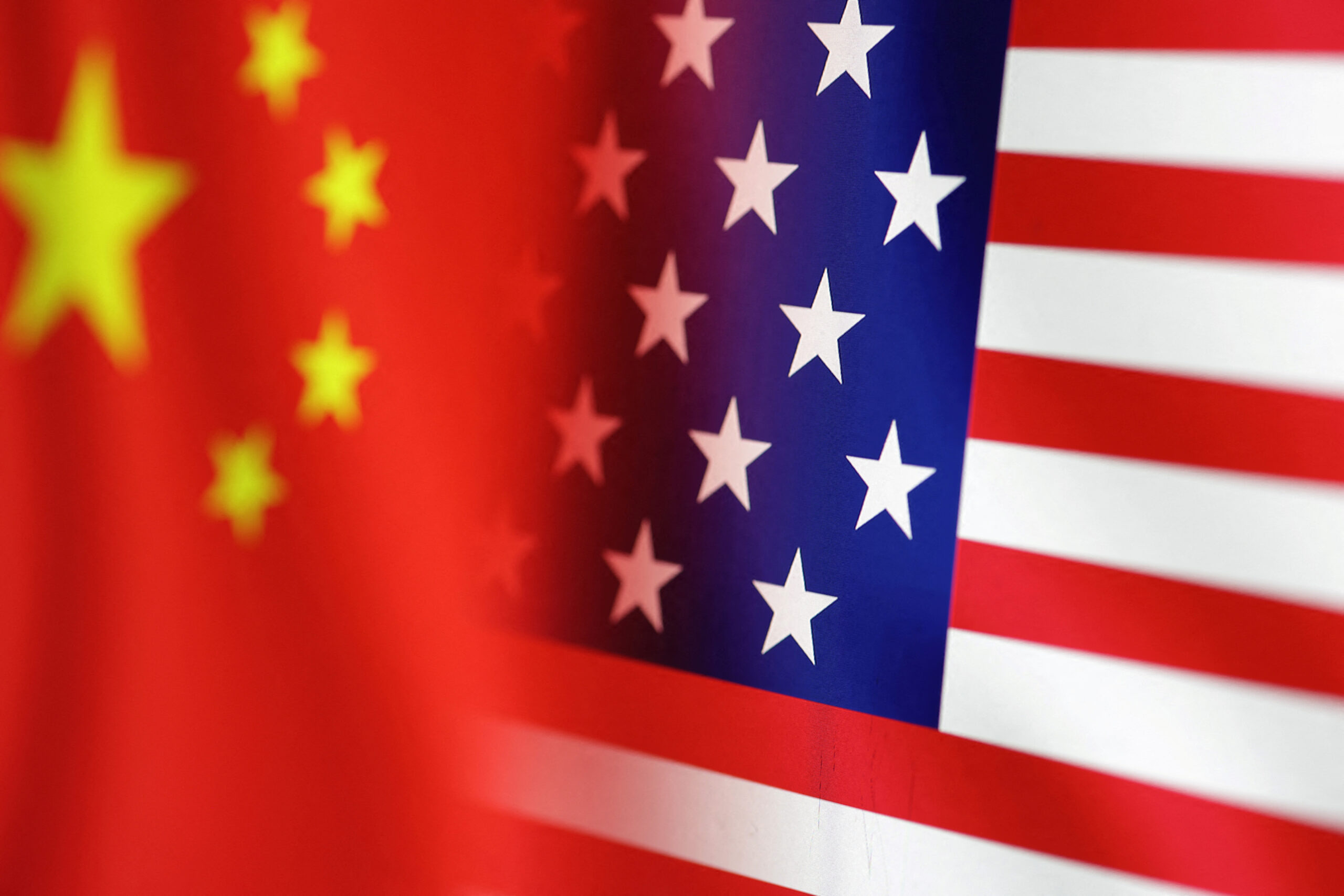British foreign minister James Cleverly will urge China to be more open about the reasons behind what he called the biggest military build-up in peacetime history and said secrecy could lead to a “tragic miscalculation”.
Relations between Britain and China are the worst in decades as London has restricted Chinese investment over national security concerns and grown more worried about Beijing’s increasing military and economic assertiveness.
In a speech at Mansion House in London’s historic financial district on Tuesday evening, Cleverly will say Britain is open about seeking to deepen cooperation with allies in the Indo-Pacific and called for China to be clear about its intentions.
I urge China to be equally open about the doctrine and intent behind its military expansion, because transparency is surely in everyone’s interests and secrecy can only increase the risk of tragic miscalculation,” Cleverly will say, according to extracts released by his office.
Britain is recalibrating its approach to China after Prime Minister Rishi Sunak announced in November the end to what was considered a golden era of relations under former prime minister David Cameron.
While the leaders of France, Germany and Spain have visited China in the last six months and called for engagement with the world’s second biggest economy, the United States and Britain are taking a tougher approach to what they consider a growing threat from Beijing to their interests and values.
Cleverly will say it would be a mistake to try to isolate China and engagement is needed in areas such as climate change, pandemic prevention, economic stability and nuclear proliferation.
“It would be clear and easy – perhaps even satisfying – for me to declare a new Cold War,” he will say. “Clear, easy, satisfying – and wrong.”
But Cleverly will say that Britain will protect its national security interests and call out Beijing if it breaks its international obligations or abuses human rights.
Cleverly will use his speech to condemn the treatment of the Uyghur people in China’s Xinjiang region.
He will accuse China of building “a 21st-century version of the gulag archipelago” and “locking up over a million people at the height of this campaign, often for doing nothing more than observing their religion”.

